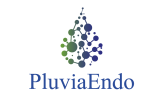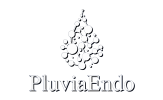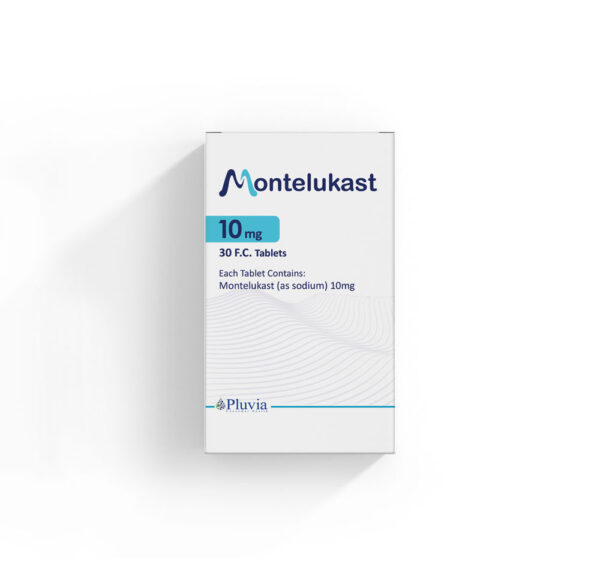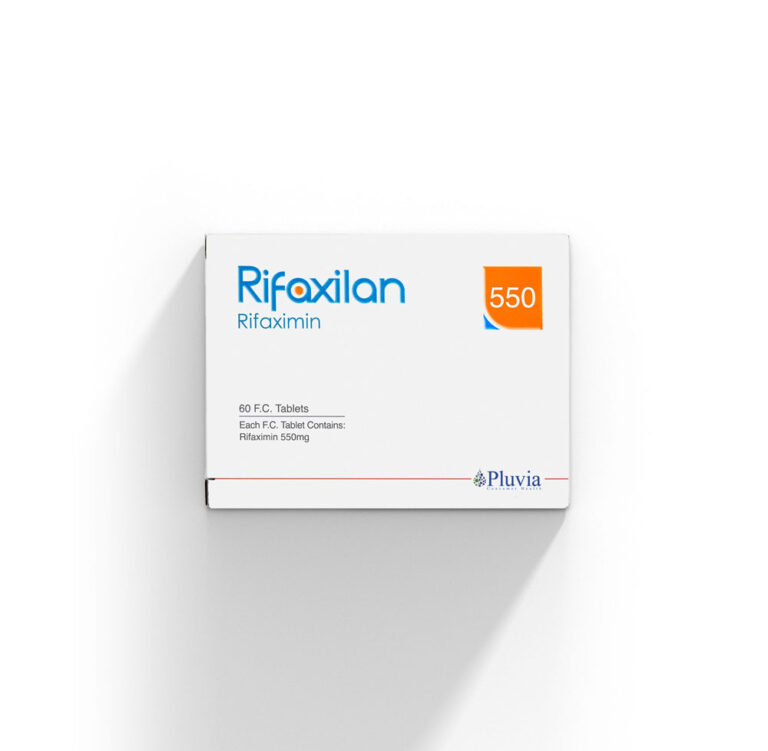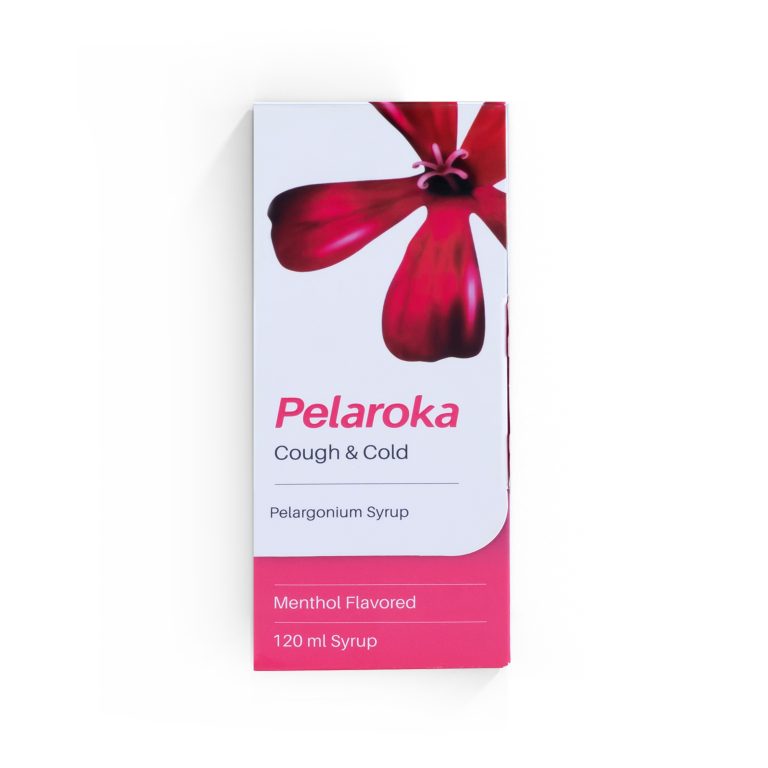Montelukast 10 mg
Film Coated Tablet
30 tablets in a box
Montelukast 10 mg offers an effective treatment option for individuals managing asthma and allergic rhinitis.
Montelukast is a leukotriene receptor antagonist used primarily for the management of asthma and allergic rhinitis. Montelukast 10 mg works by blocking the action of leukotrienes, which are substances in the body that can cause inflammation, bronchoconstriction, and mucus production. Here’s a detailed overview of montelukast 10 mg, including its uses, dosing guidelines, and important safety information.
Indications of Montelukast 10 mg
Montelukast 10 mg is indicated for:
- Prophylaxis and chronic treatment of asthma: It helps prevent asthma symptoms and improve lung function.
- Relief of symptoms of seasonal allergic rhinitis: It alleviates symptoms such as sneezing, runny nose, and nasal congestion.
- Management of perennial allergic rhinitis: Effective for year-round allergy symptoms.
- Prevention of exercise-induced bronchoconstriction: Recommended to be taken at least 2 hours before exercise.
Dosage Guidelines for Montelukast 10 mg
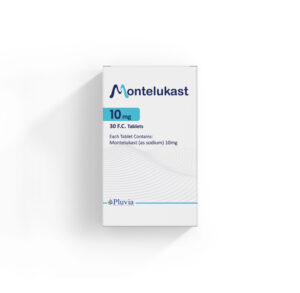
Among our diverse portfolio, Vonage Pharma (Formerly Pluvia Endo) manufactures montelukast in both 10 mg and montelukast 5 mg formulations, catering to the needs of patients with asthma and allergic rhinitis in respiratory fields.
Adults and Adolescents (≥15 years): The recommended dose is 10 mg orally once daily, preferably taken in the evening.
Pediatric Patients:
Ages 6 to 14 years: 5 mg chewable tablet once daily.
Ages 2 to 5 years: 4 mg chewable tablet or granules once daily.
Montelukast can be taken with or without food. If a dose is missed, it should be skipped, and the next dose should be taken at the scheduled time—do not double up on doses.
Special Considerations
Renal Impairment: No dosage adjustment is necessary for patients with renal impairment.
Hepatic Impairment: Healthcare providers do not need to make any adjustments for mild to moderate hepatic impairment; however, researchers have not studied severe impairment.
Cautions and Warnings For Montelukast 10 mg
While montelukast is effective for many patients, there are important safety considerations:
Neuropsychiatric Events: Some patients have reported serious neuropsychiatric events. Monitor for changes in mood or behavior, including anxiety, depression, or suicidal thoughts. If any concerning symptoms occur, discontinue use and consult a healthcare provider immediately.
Acute Asthma Attacks: Healthcare providers do not intend montelukast for the relief of acute asthma attacks. Patients should have a rescue inhaler available for emergencies.
Phenylketonuria: Patients with this condition should avoid the 5 mg chewable tablet, as it contains phenylalanine.
Side Effects
Common side effects may include:
- Stomach pain
- Diarrhea
- Headache
- Fatigue
- Upper respiratory infections
Serious side effects can include:
- Allergic reactions (e.g., hives, swelling)
- Severe mood changes
- Liver problems (e.g., jaundice)
Patients should report any unusual or severe side effects to their healthcare provider promptly.
Pregnancy and Breastfeeding
Montelukast 10 mg has not shown an increased risk of teratogenic effects during pregnancy. Healthcare providers should not withhold it when clinically indicated. However, montelukast does pass into breast milk; therefore, the decision to breastfeed during treatment should consider the potential risks and benefits.
Conclusion
Montelukast 10 mg offers an effective treatment option for individuals managing asthma and allergic rhinitis. By understanding its indications, proper dosing guidelines, and safety precautions, patients can work with their healthcare providers to optimize their treatment plans. Always consult with a healthcare professional before starting or adjusting any medication regimen to ensure safety and efficacy.
We understand the complexities and challenges you face in the healthcare industry. That’s why we’re dedicated to providing innovative solutions and insightful knowledge to help you achieve your goals.
Your input is crucial in helping us understand your needs and deliver the most relevant support:
